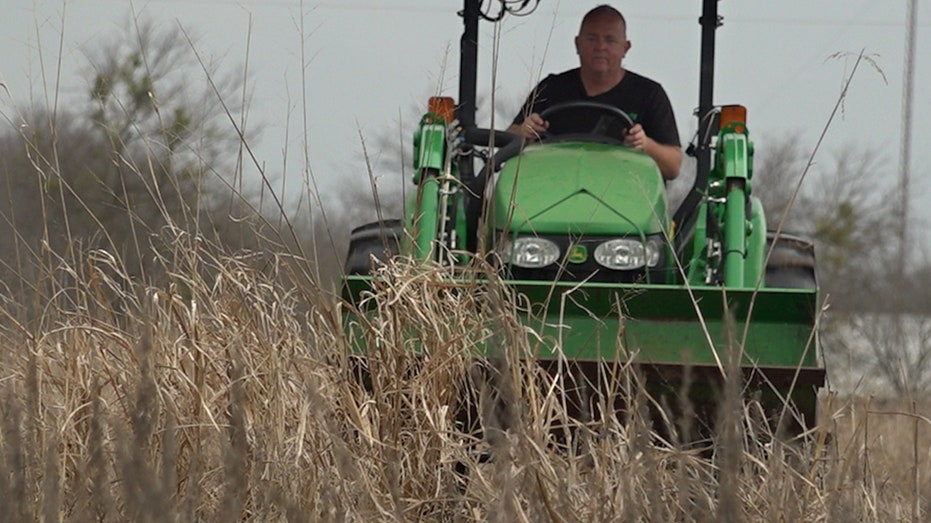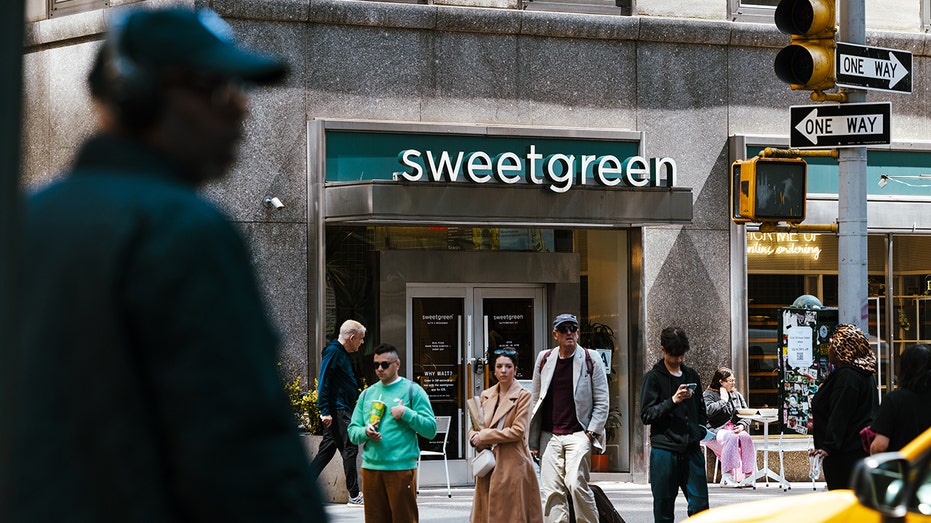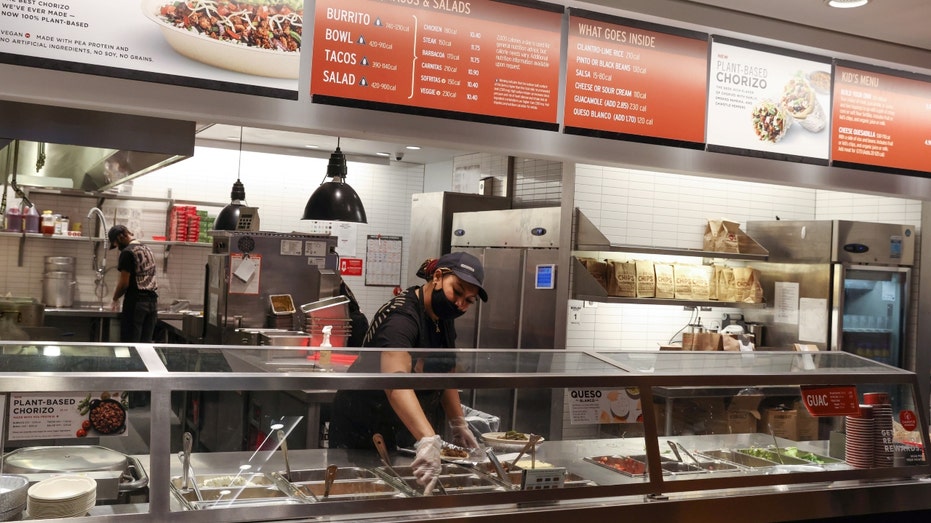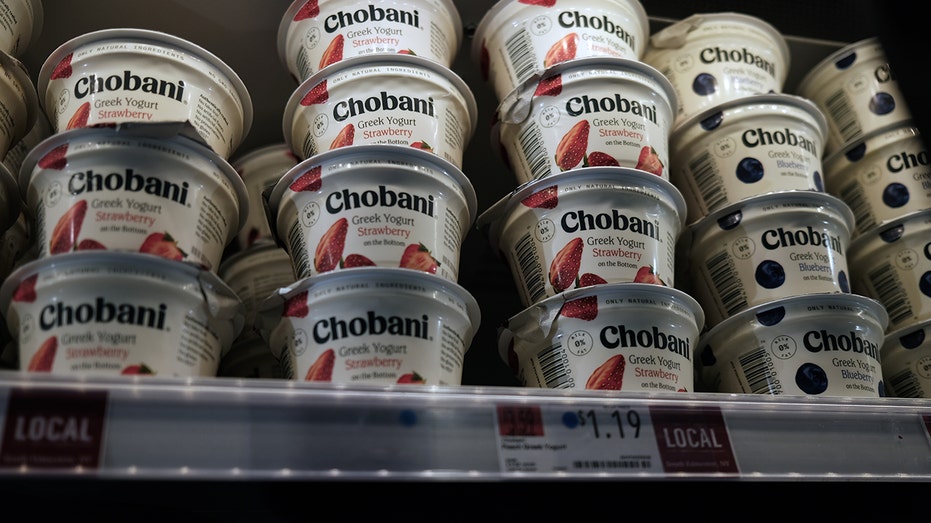National brands are betting big on small farmers.
Food giants such as Chipotle and Sweetgreen have long emphasized close partnerships with small or local farmers, in many cases, due to corporate sustainability goals. Today, those relationships may be essential to the survival and resilience of the American agriculture industry, as the sector faces increasing instability.
“The agricultural industry has lost 40x more farmers than it has gained over the last decade,” said Chipotle Chief Brand Officer Chris Brandt. “Greater awareness of where food comes from and how it is grown can not only help everyone but can also begin to reverse an agricultural industry crisis,” he told Fox Business.
Experts and policymakers alike increasingly argue that the long-term viability of small farmers and ranchers is essential to ensuring a more resilient, transparent food supply. It is a key belief of the administration’s Make America Healthy Again initiative, which emphasizes clean and local food sourcing, and the National Farm Security Action Plan, introduced in July by U.S. Agriculture Secretary Brooke L. Rollins.
AMERICAN FARMERS TURNING TO AI TO AID UNCERTAIN FUTURE
Her plan addresses what the administration says are “urgent threats from foreign adversaries” while strengthening the resilience of our nation’s food and agricultural systems.
American Farm Bureau Federation economist Faith Parum underscored that it’s a challenging time for America’s farmers and ranchers due to a combination of falling crop prices paired with rising land prices and expensive labor costs, regulatory uncertainty and an ever-changing trade landscape.
“There are a number of concerns weighing on the minds of farm country,” Parum said. While the farm bureau is encouraged by the agriculture provisions in the One Big Beautiful Bill Act, including making permanent vital tax provisions and increased support for key farm safety net programs, Parum said “there is still work to be done.”
To underscore how much the sector has suffered in recent years, U.S. Department of Agriculture data, published last year, reveals a significant decline in both the number of farms and the total farm acreage across the U.S. since 2017. According to the 2022 Census of Agriculture, there were 141,733 fewer farms in 2022 than in 2017. During the same period, total farmland shrank by more than 20 million acres, falling to 880.1 million acres.

EGG FARMER HIT HARD BY BIRD FLU, DESCRIBES ‘NIGHTMARE’ OF LOSING 3 FLOCKS
To help strengthen the agricultural sector and meet its goals, Chipotle and the Chipotle Cultivate Foundation contributed more than $5 million in 2019 to support farmers through education programs, scholarships, grants and multi-year contracts for young farmers. The company has awarded 275 Seed Grants, providing $5,000 each to help next-generation farmers build stronger, more sustainable operations. In addition, Chipotle has supported the transition of 425 acres from conventional to organic farming through transitional growing practices.
| Ticker | Security | Last | Change | Change % |
|---|---|---|---|---|
| CMG | CHIPOTLE MEXICAN GRILL INC. | 42.62 | -0.26 | -0.59% |
| SG | SWEETGREEN INC | 12.46 | +0.04 | +0.32% |
Chipotle said it will continue to rely on more farmers as it scales up its operation. It plans to open 315 and 345 new restaurants in the U.S. this year.

“The job will never be done,” Brandt said, adding that it purchased over 47 million pounds of local produce in 2024. “That’s farm-to-table at a massive scale,” he added.
Nicolas Jammet, co-founder and chief concept officer of Sweetgreen, told FOX Business that the company continues to lean on its long-standing partnerships with small farmers as it scales nationally. This year alone, the brand is opening 40 new restaurants in 2025 and launching in three new markets: Sacramento, Phoenix and Cincinnati.
“Farmers consistently tell us that our partnership is important to their business, giving them predictable revenue, especially through times of uncertainty, and an opportunity to scale their distribution to new markets and open new revenue streams,” Jammet told FOX Business.
He also underscored how these partnerships, some of which have lasted well over a decade, help the company provide fresh and ethically sourced ingredients.

“That’s been such a part of our history and story. And I think we’ve, we’ve shown that as you scale, you can, you can do that. And you can support the right kind of growers,” Jammet said.
One of their customers, Dan Drake, owner of Drake Family Farms, said he considered shutting down his operation entirely before partnering with the fast-casual restaurant chain. With the company continually sourcing from the farm, Drake said it’s allowed them to stay afloat.
“We thought, if they keep growing and ordering more cheese, we’d be able to sustain our farm – and we have,” he said, adding that its partnership with Sweetgreen “shows the value and impact that national restaurant brands can have on a local farm, enabling us to grow and scale as they do.”
Chobani told FOX Business that it expects to purchase 3 billion pounds of raw milk from over 430 family farms in Idaho, Michigan and New York in 2025, and that this number is projected to increase to 11 billion pounds per year by 2031.
The company said it has also invested significantly with our farmers to improve their quality of life — from health fairs to new break rooms, soccer fields, personal protective equipment distribution, warm winter clothing and on-farm safety training.

“Supporting small farms isn’t charity—it’s a long-term business strategy that builds resilience in our supply chain, trust with our consumers, and vitality in our communities,” the company said in a statement to FOX Business. “By making our products in America and supporting our rural communities, we’re directly contributing to the local economies in our hometowns and helping to build a stronger ecosystem.”
This investment also “creates a ripple effect in the community helping to support dairy infrastructure and businesses like feed mills, dairy equipment companies, tractor dealers, veterinarians, as well as local grocery stores, and provide a tax base for schools and other community services,” the company continued.
Read the full article here














